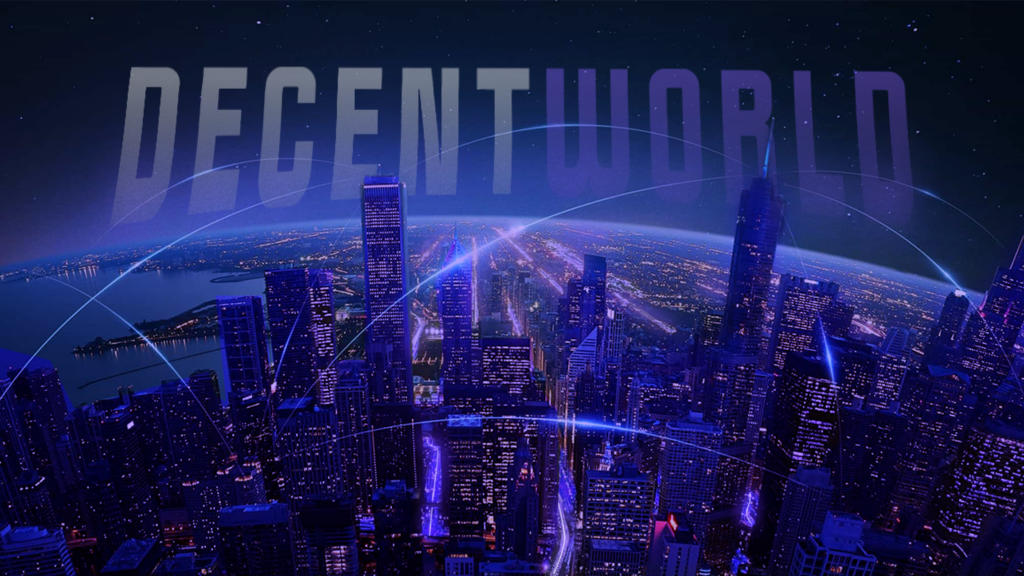The metaverse captured the public’s imagination long before it even became a technological possibility. A fascinating opportunity to merge our real-world lives with the immersive virtual reality has long had tech enthusiasts enchanted. Nowadays, the dream has become an actual possibility, and the key technology that allowed it was blockchain.
Recently launched Swiss metaverse DecentWorld, garnered global attention by enabling users to collect digital copies of real-world streets as NFTs and generate yield by assembling them into Collections. By re-creating the world in the digital realm, the project’s team aims to create an immersive user experience where users can generate long-term value and benefit from their digital real estate Assets.
Importance of Digital Identity
Blockchain is an integral part of the metaverse because it enables users to protect their digital assets in virtual reality, and provides them with digital proof of ownership. The creative team behind the DecentWorld platform believes that blockchain will be the foundation upon which the most innovative technological solutions will be built in the near future.
DecentWorld, which is owned by Swiss Asset Management AG, is part of the broader Swiss fintech product ecosystem. The platform’s creative team had worked with digital identity solutions before launching the metaverse, and the question of the ownership of one’s data became a meaningful starting point for them to build around.
In the real world, each person has an identity that does not change, even when moving between countries. However, in the digital world, moving between platforms means losing your identity and building a new profile from scratch. Furthermore, in web2, users do not own their data, instead, the big tech companies control it.
“Imagine your profile on Instagram, where you have many followers and a social status. If, for some reason, Instagram decided to ban you – they could do that because you don’t technically own that profile. Instagram owns it. The same can happen on Twitter, and gaming platforms. If you play a game, you don’t own your profile; it is always the company that owns the property and all its attributes,” the DecentWorld team explains.
This approach is entirely re-invented by web3 solutions and blockchain, which enables both interoperability as well as the ownership of data and identity. Moveover, blockchain can operate without the need for a central authority, and cryptocurrencies can create internal digital economies. Together, this becomes especially important in forming the basis of metaverse environments.
“Any metaverse is just an environment. As an individual using the metaverse platform, you have to be guaranteed the ability to be completely independent, and own your data. Even if the platform or network goes down, you should have the ability to keep all of your data. To create such a digital environment, we need a technology that allows users to keep unique digital assets. Blockchain technology is exactly this,” the DecentWorld team highlights.
Challenges of Creating a Metaverse
The worldwide development and adoption of blockchain technology and other innovations made the idea of the metaverse possible. However, as it is still in its early stages of development, the innovative technology still has many challenges ahead. The DecentWorld team notes that hardware will likely be the most challenging aspect of metaverse creation.
“There have been a lot of developments – Meta is investing a lot in Oculus. We have the HTC Vive Pro line, but still, these are quite bulky headsets. Now we have forward-facing cameras that enable augmented reality, but they are still devices you simply put on for a limited time. Through these devices, a person cannot live in the metaverse. It would only be possible for a short time. So for the metaverse to take off, I think we need smart glasses,” the team explains.
According to the DecentWorld creators, the metaverse can currently be experienced through laptops and smartphones, however, the future of the metaverse lies in fully-immersive experiences in virtual worlds, and in order to reach that point, more advanced hardware still needs to be developed.
